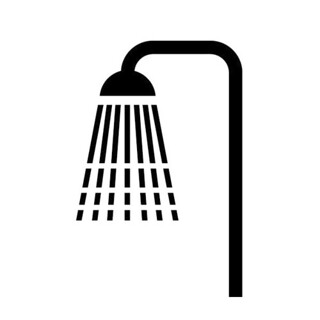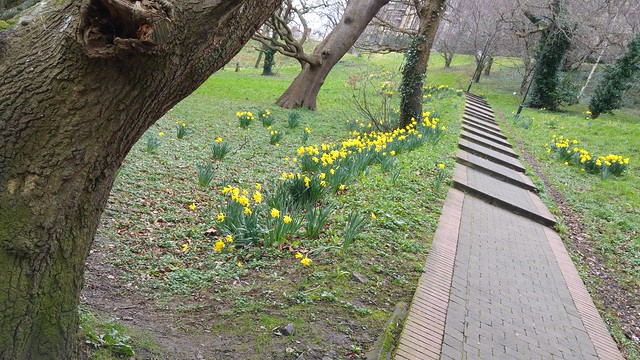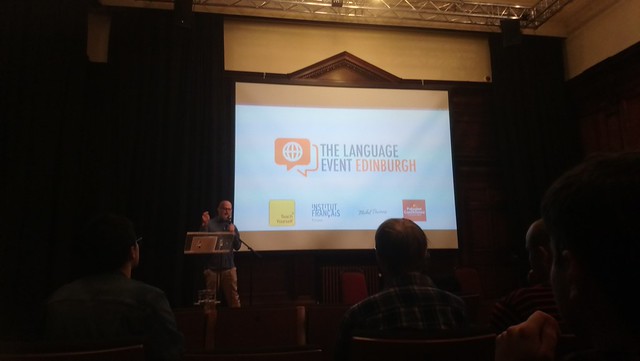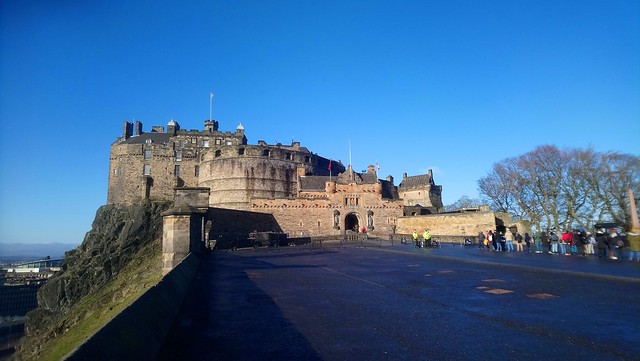The main theme of the Language Event I went to last weekend in Edinburgh was the languages of the Isles. The Isles in question include the islands of Great Britain, Ireland, the Channel Islands, the Isle of Man, and about 6,000 other islands. The Isles are also known as the British Isles, but at the event the term ‘The Isles’ was used to be more inclusive.
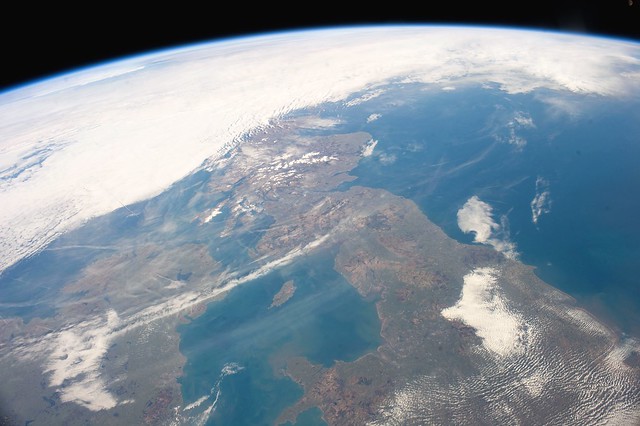
The term “British Isles” is controversial in Ireland, where some object to its usage. The Government of Ireland does not officially recognise the term, and its embassy in London discourages its use. Britain and Ireland is used as an alternative description, and Atlantic Archipelago is also used to some extent by academics [source].
Other suggested names for these isles include the Anglo-Celtic Isles, the British-Irish Isles, the Islands of the North Atlantic, the West European Isles, the Pretanic Isles, or these islands [source].
The United Kingdom of Great Britain and Northern Ireland (UK), made up of England, Wales, Scotland and Northern Ireland, is one of the countries on these isles. The Republic of Ireland takes up most of the island of Ireland and some small offshore islands. The Isle of Man and the Channel Islands are self-governing British Crown dependencies, and not part of the UK.
The earliest mentions of the isles are found the writings of Diodorus Siculus (c.90-30 BC), a Greek historian living in Sicily. He referred to the isles as Prettanikē nēsos (the British Island), and to the inhabitants as Prettanoi (the Britons). Strabo (c.64 BC-24 AD), a Greek geographer, philosopher, and historian who lived in Asia Minor, referred to the isles as Βρεττανική (Brettanike), and Marcian of Heraclea called them αἱ Πρεττανικαί νῆσοι (the Prettanic Isles).
It is thought that the names used by Greek and Latin writers for these isles were based on the Celtic names for them
In Welsh these isles are known as Ynysoedd Prydain, or yr Ynysoedd Prydeinig (the British Isles). The name Prydain [ˈprədai̯n] (Britain) comes from the Middle Welsh Prydein, from early Proto-Brythonic *Pritanī, from the Old Irish Cruthin (Picts), perhaps from the Proto-Celtic *Kʷritanī / *Kʷritenī, from the Proto-Indo-European *kʷer- (to do).
The Welsh word Prydyn / Pryden, meaning (people of) Scotland, or (land of the) Picts, is related [source].
In Cornish these isles are knowns an Enesow Bretennek (the British Isles). In Scottish Gaelic they’re known as Eileanan Bhreatainn (British Isles). In Scots they’re known as Breetish Isles, and in Manx they’re known as Ellanyn Goaldagh (British Isles) [source].
In Irish these isles are known as Éire agus an Bhreatain Mhór (Ireland and Great Britain), Oileáin Iarthair na hEorpa (Islands of Western Europe) or Oileáin Bhriotanacha (British Isles), although the latter is not much used (see above) [source].
I had a great time at the Language Event, meeting old friends and making news ones, listening to some interesting talks, practising my languages, and exploring bits of Edinburgh. Similar events will be held in Auckland and Melbourne soon, but the next polyglot / language-related event I’m planning to go to is the Polyglot Gathering in Tersin in Poland at the end of May.
